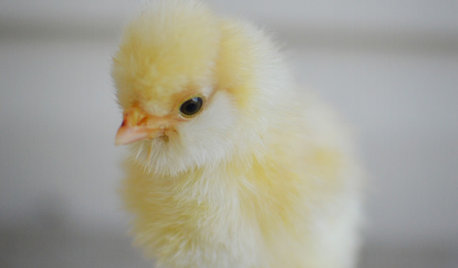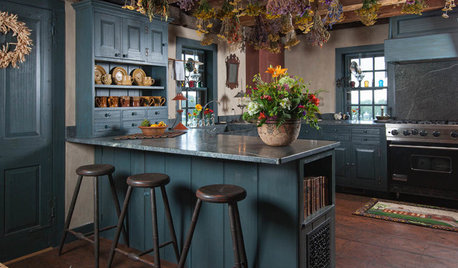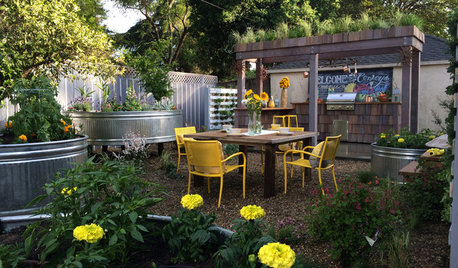Homesteading beginner
Adamsp1989
11 years ago
Related Stories

PETSWhat You Need to Know Before Buying Chicks
Ordering chicks for your backyard coop? Easy. But caring for them requires planning and foresight. Here's what to do
Full Story
HOUZZ TV FAVORITESHouzz TV: See How Early Settlers Lived in This Restored Pilgrim House
Passionate restoration and preservation efforts give a 1665 home an honored place in the present
Full Story
FARM YOUR YARDRemake Your Backyard Into a Mini Farm
You can get a taste of country life by line-drying your laundry, growing some produce or going whole hog with the critters
Full StorySponsored
Custom Craftsmanship & Construction Solutions in Franklin County






happy-camper
happy-camper
Related Professionals
Essex Landscape Architects & Landscape Designers · Severn Landscape Architects & Landscape Designers · Dickinson Landscape Contractors · Fairfield Landscape Contractors · Fort Hunt Landscape Contractors · Gurnee Landscape Contractors · Lancaster Landscape Contractors · Lynchburg Landscape Contractors · Mission Viejo Landscape Contractors · Pleasant Grove Landscape Contractors · Rosemount Landscape Contractors · Secaucus Landscape Contractors · Setauket-East Setauket Landscape Contractors · Goldenrod Landscape Contractors · Sacramento Siding & Exteriorsgreenthumbzdude